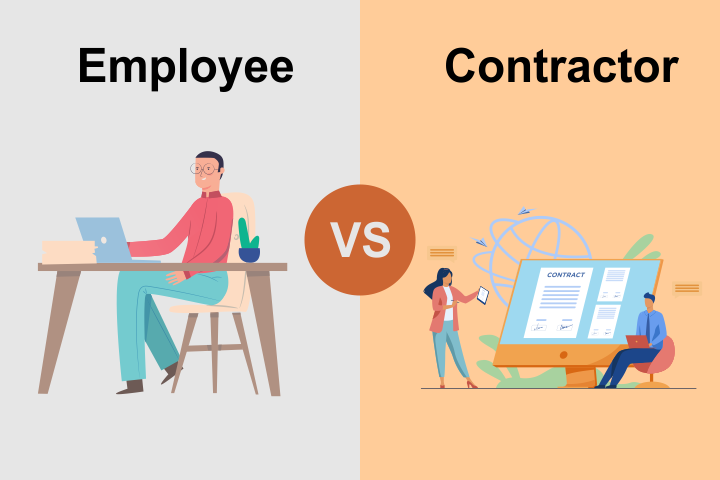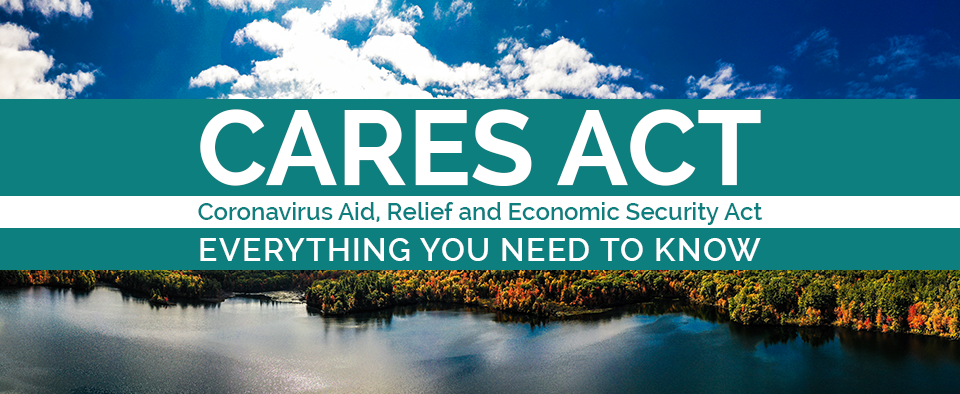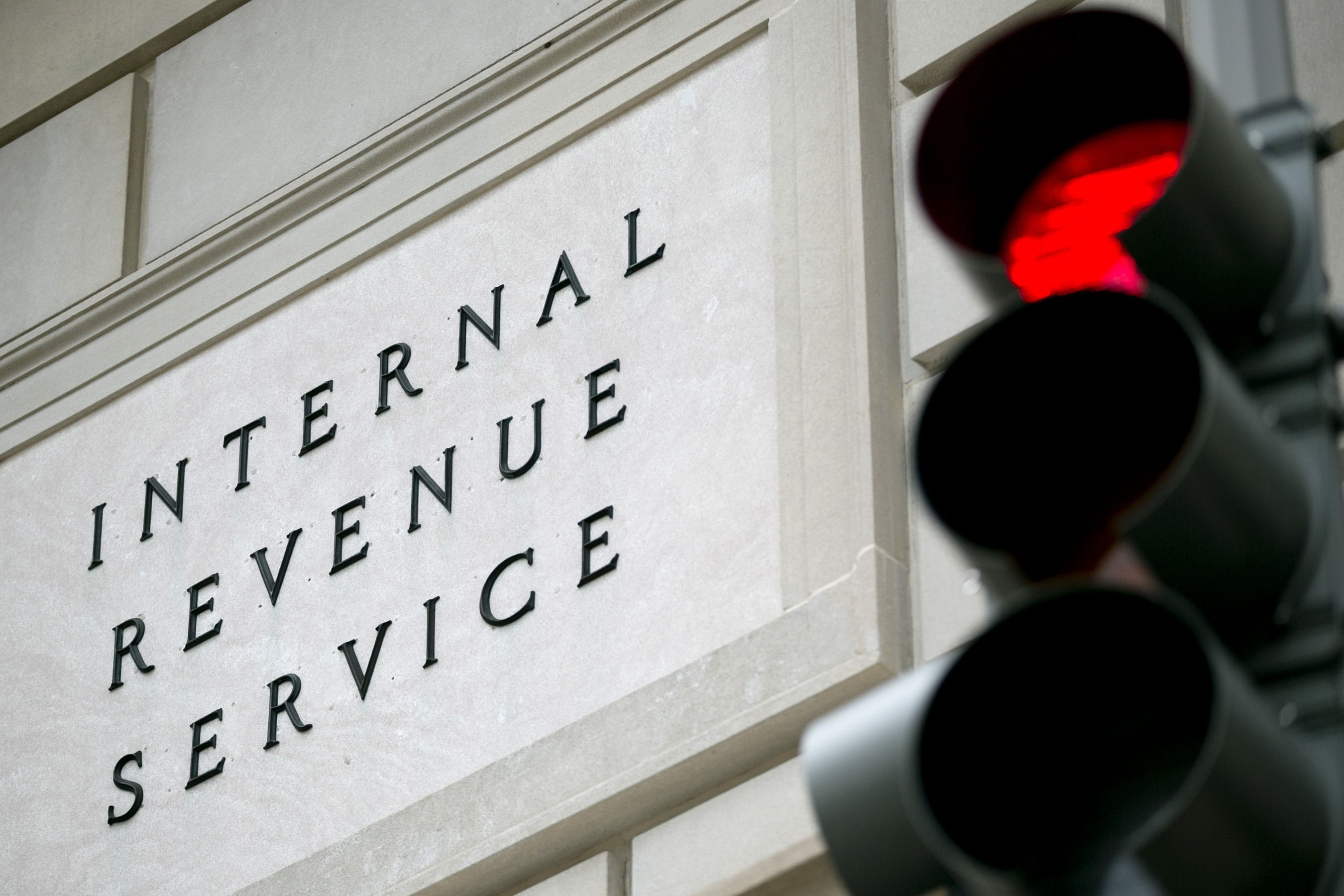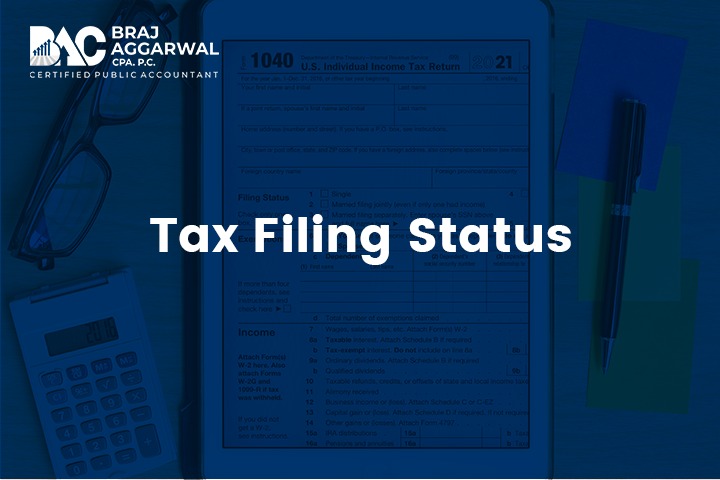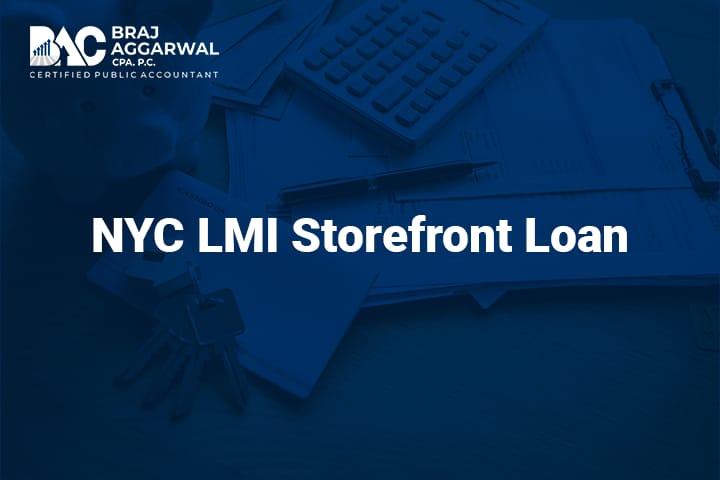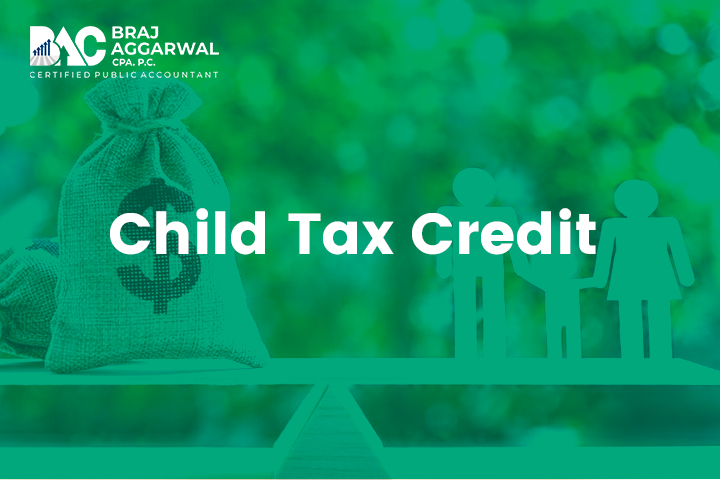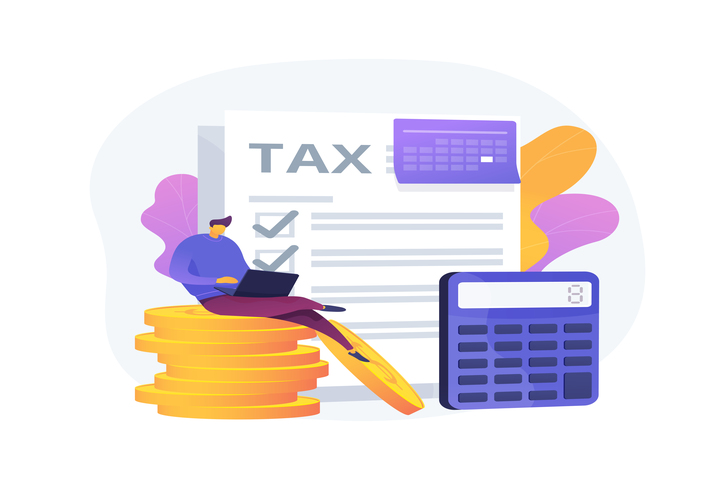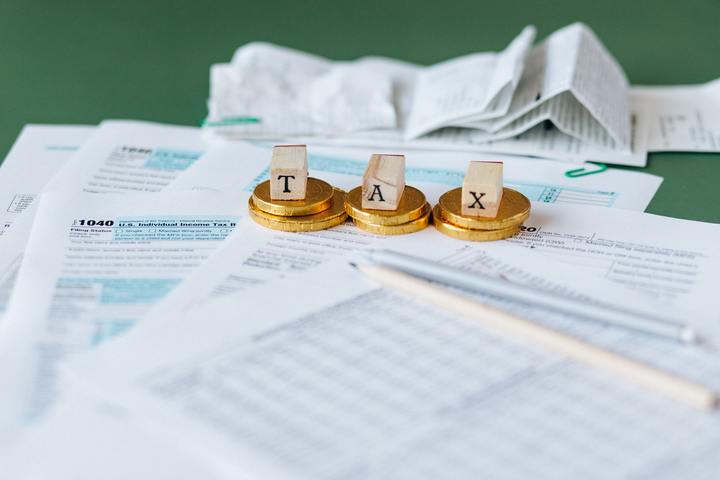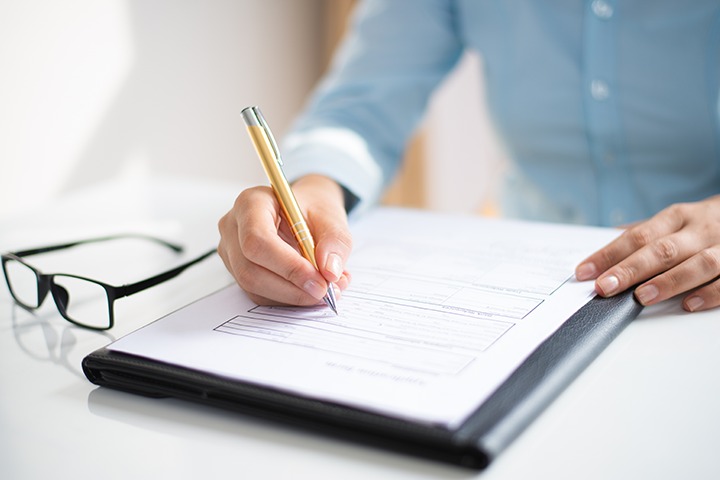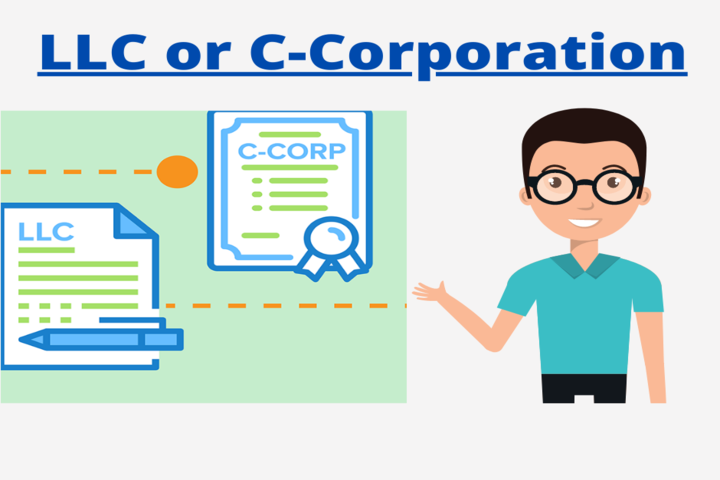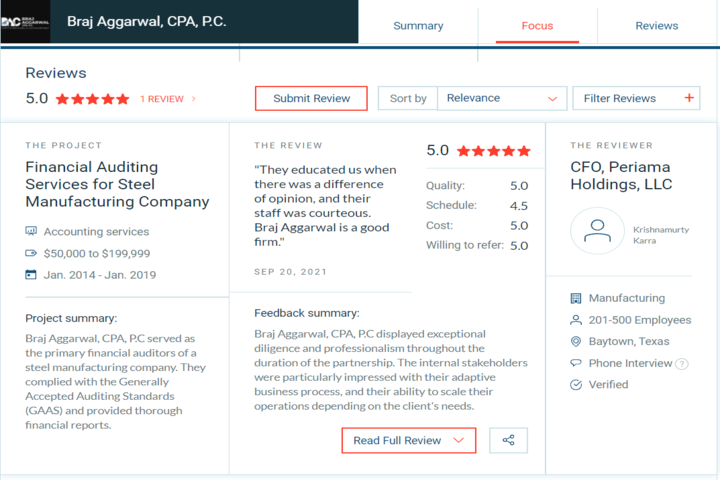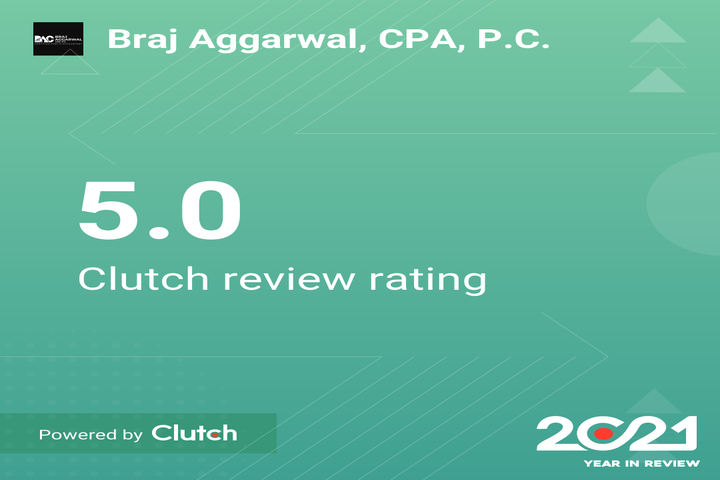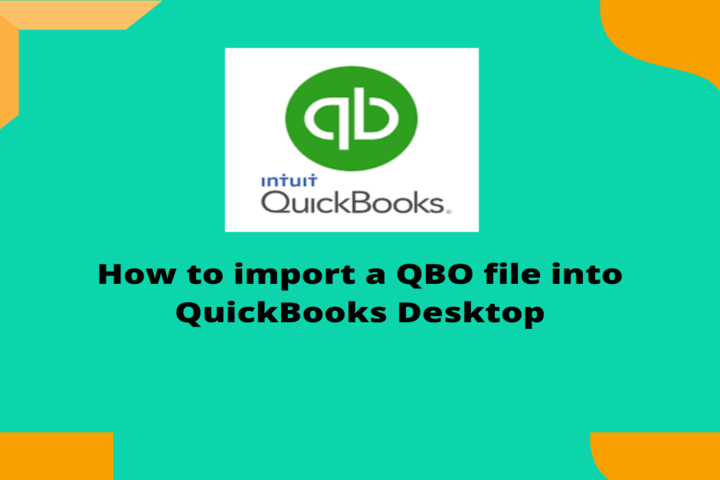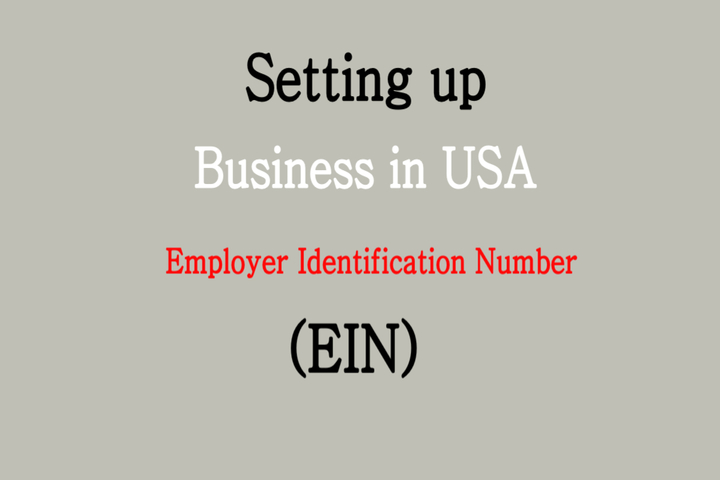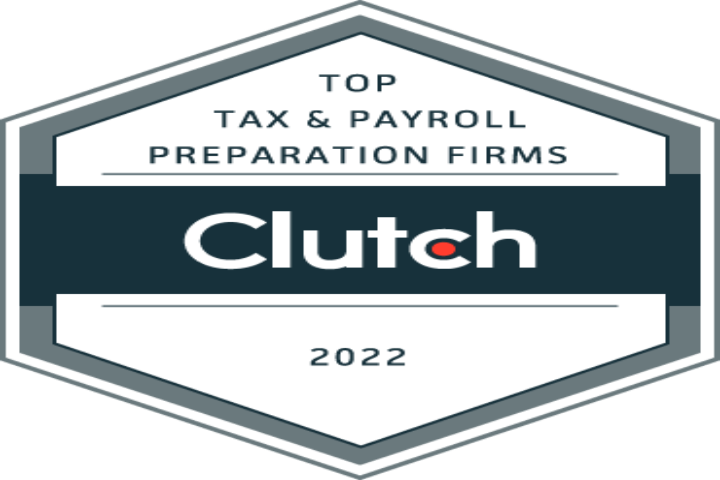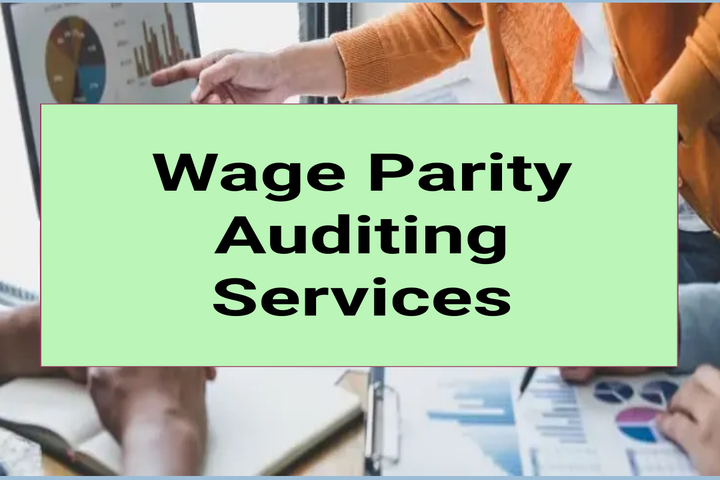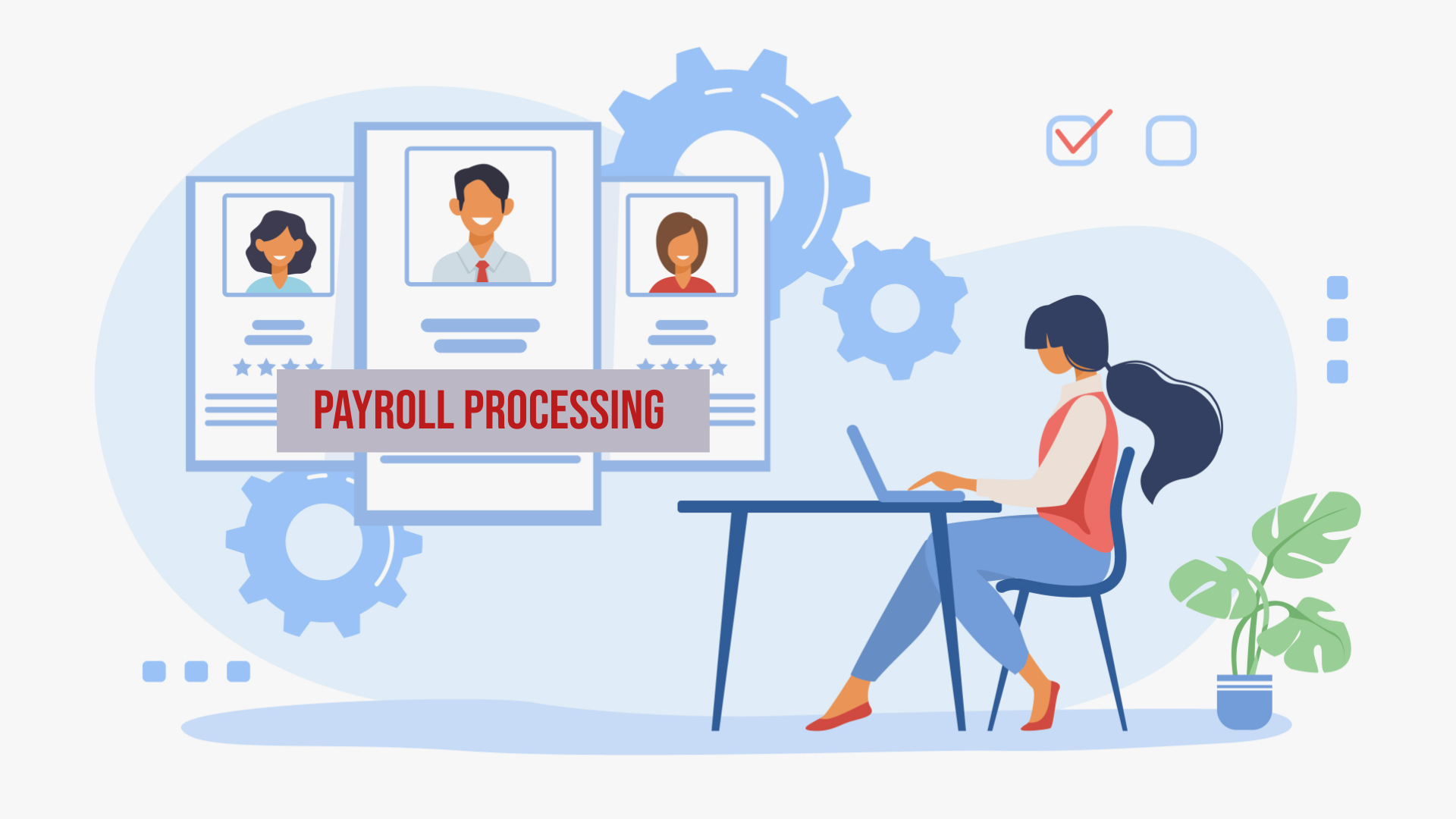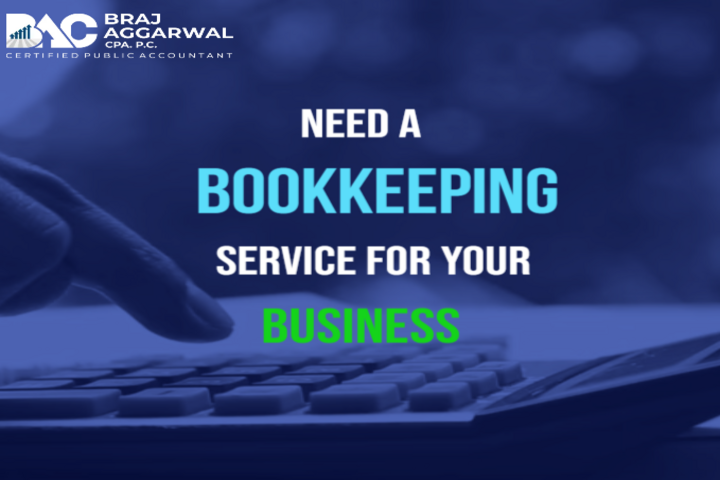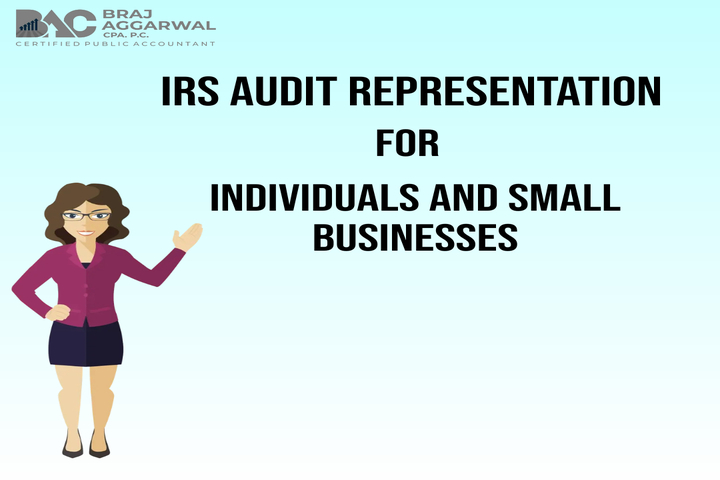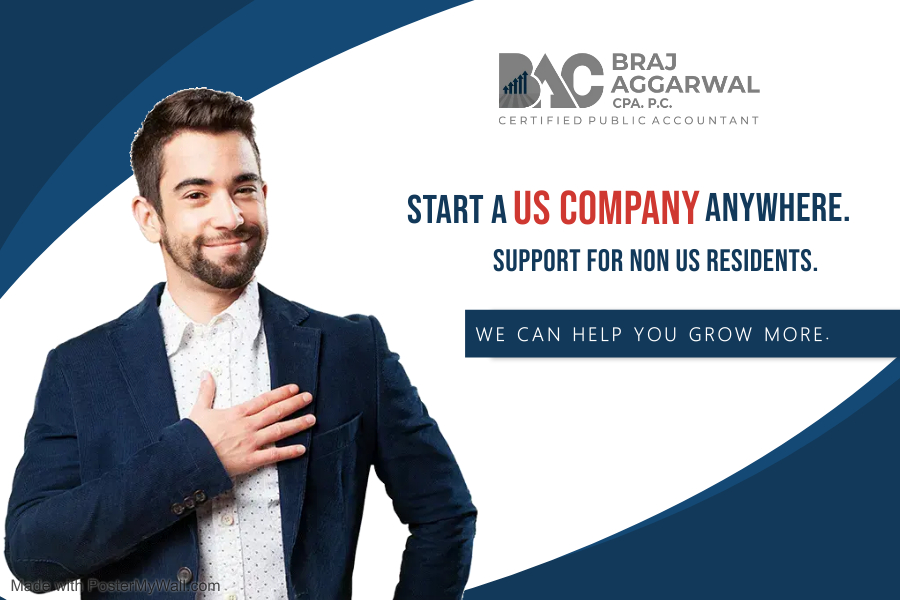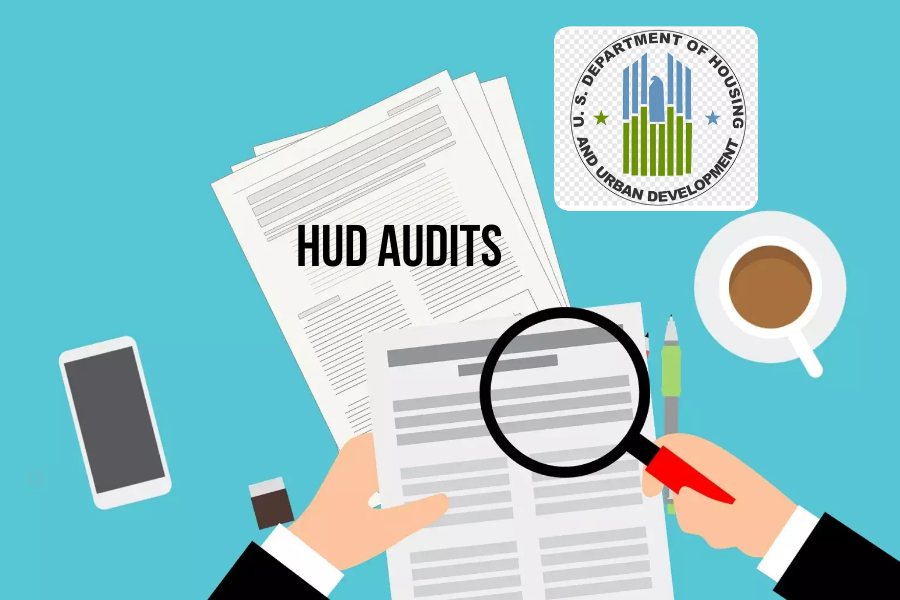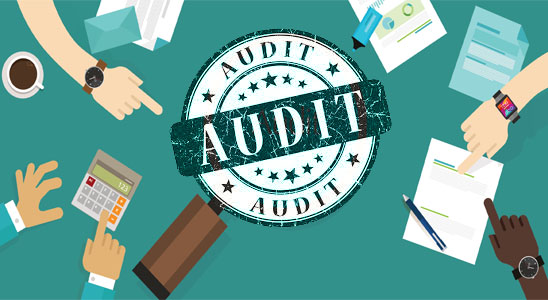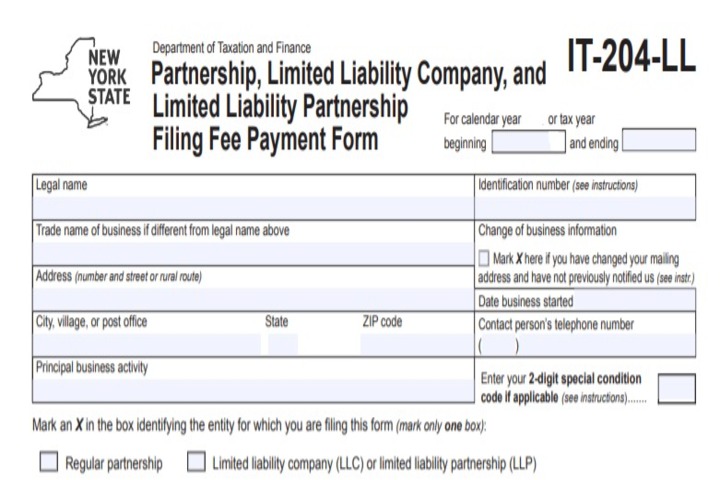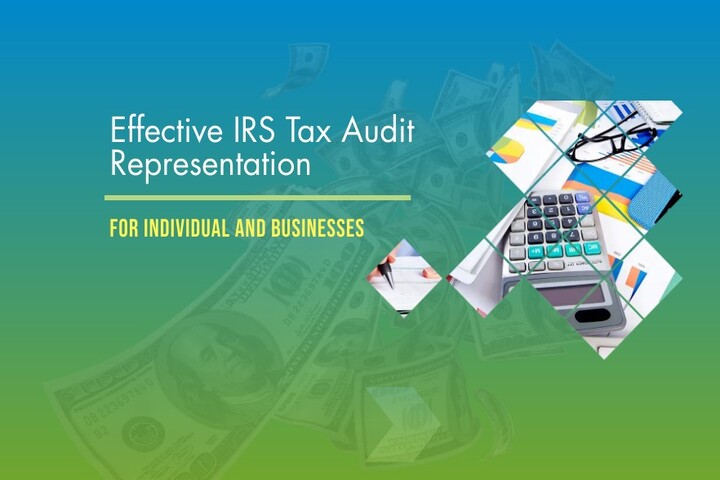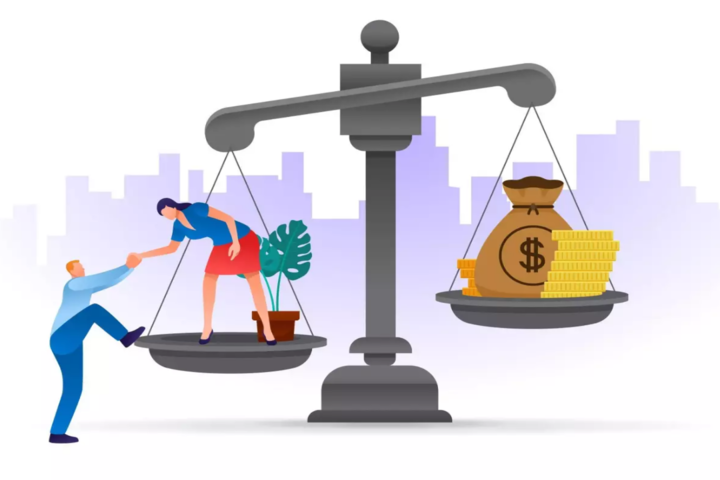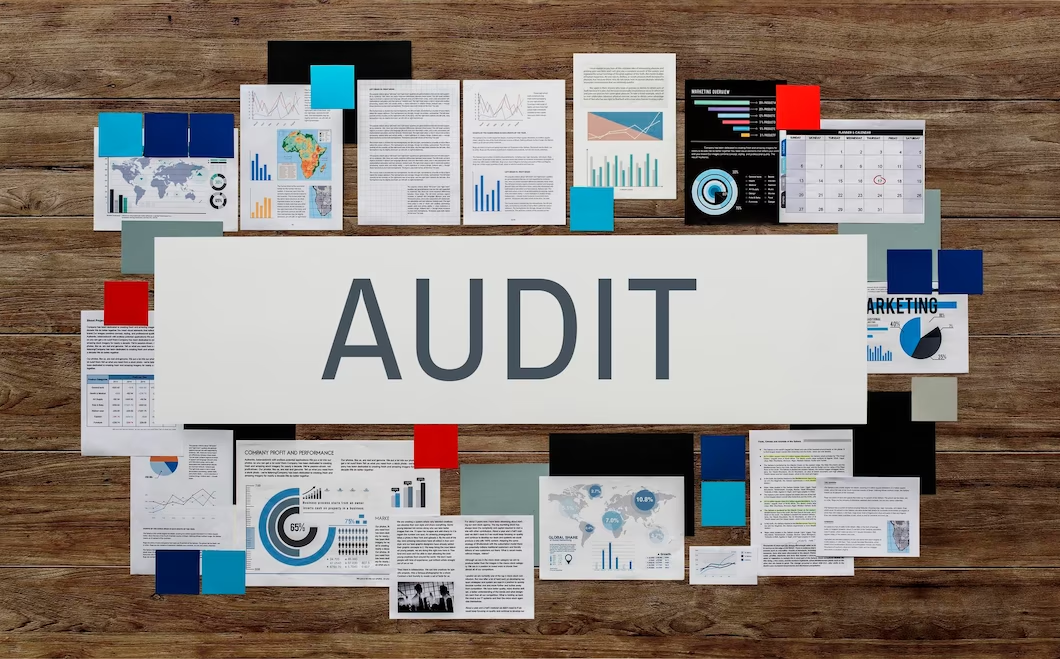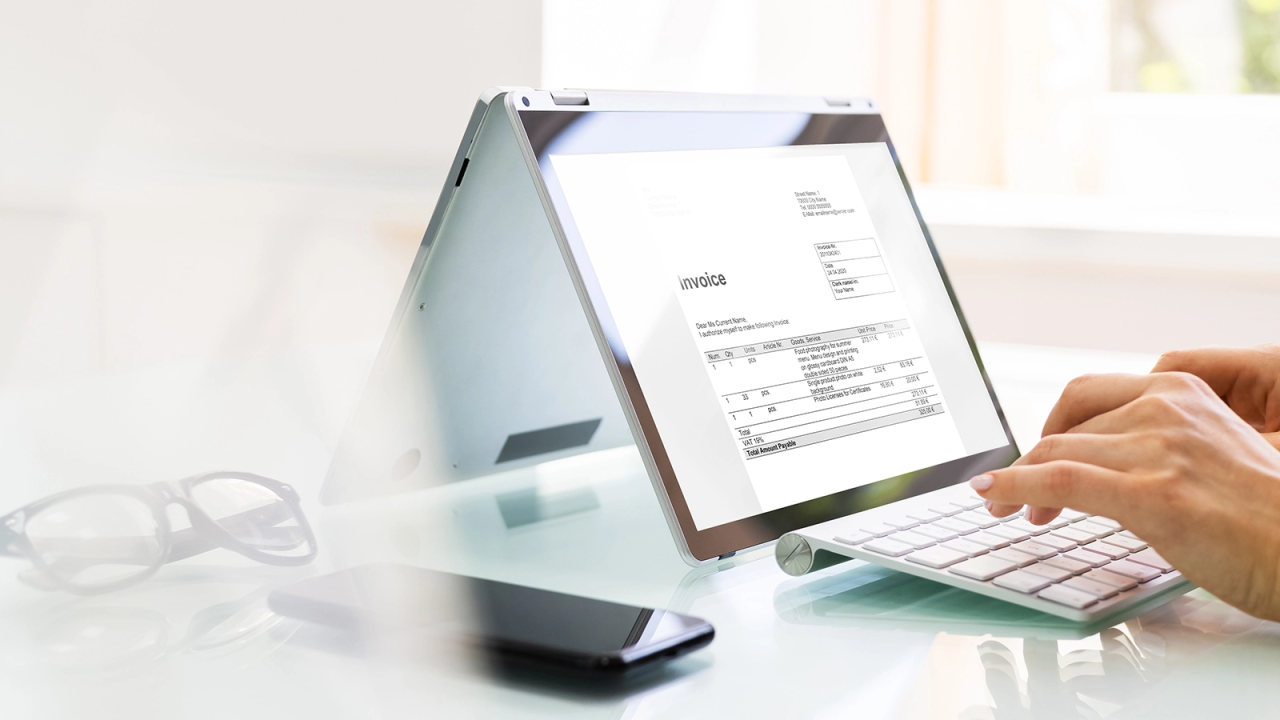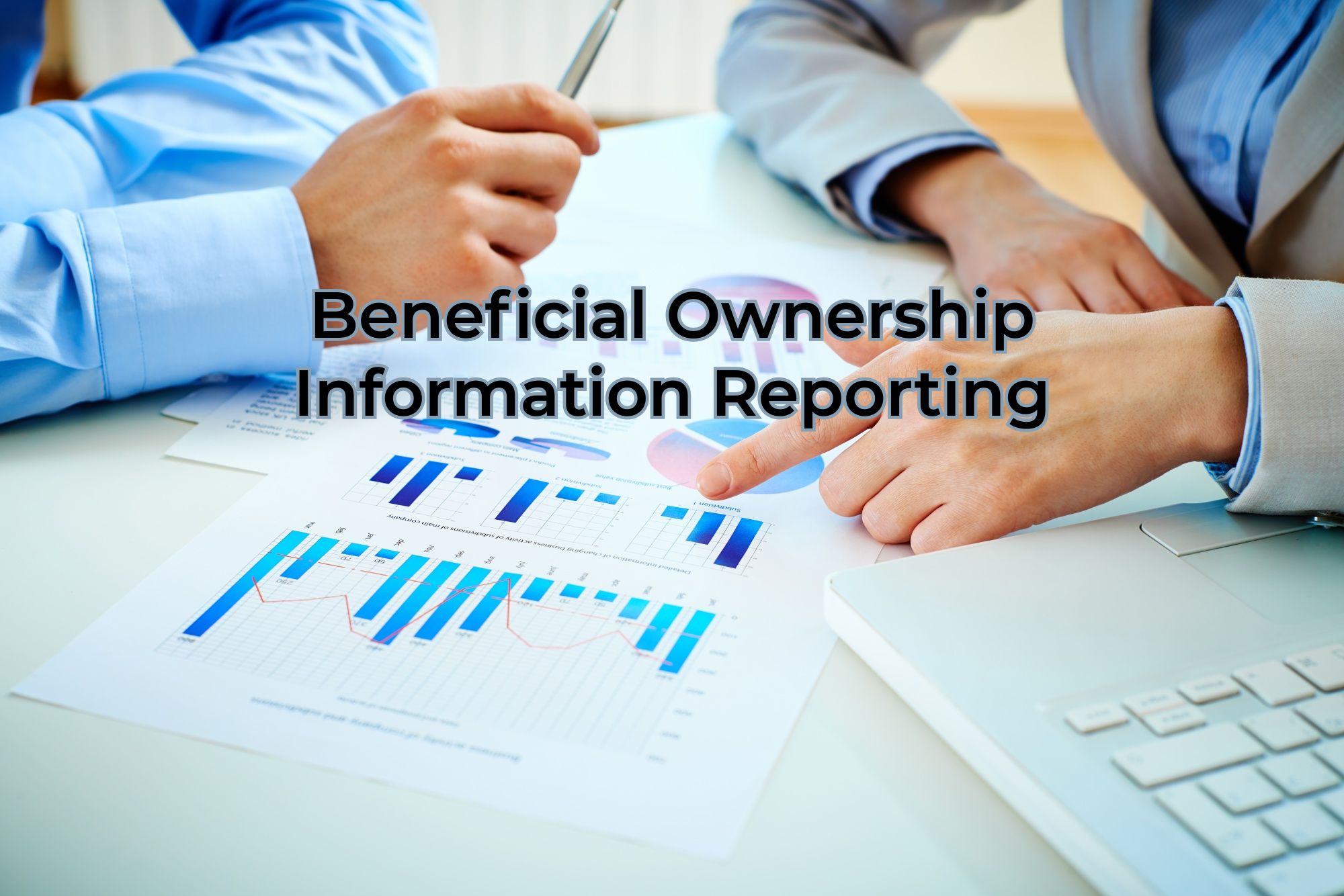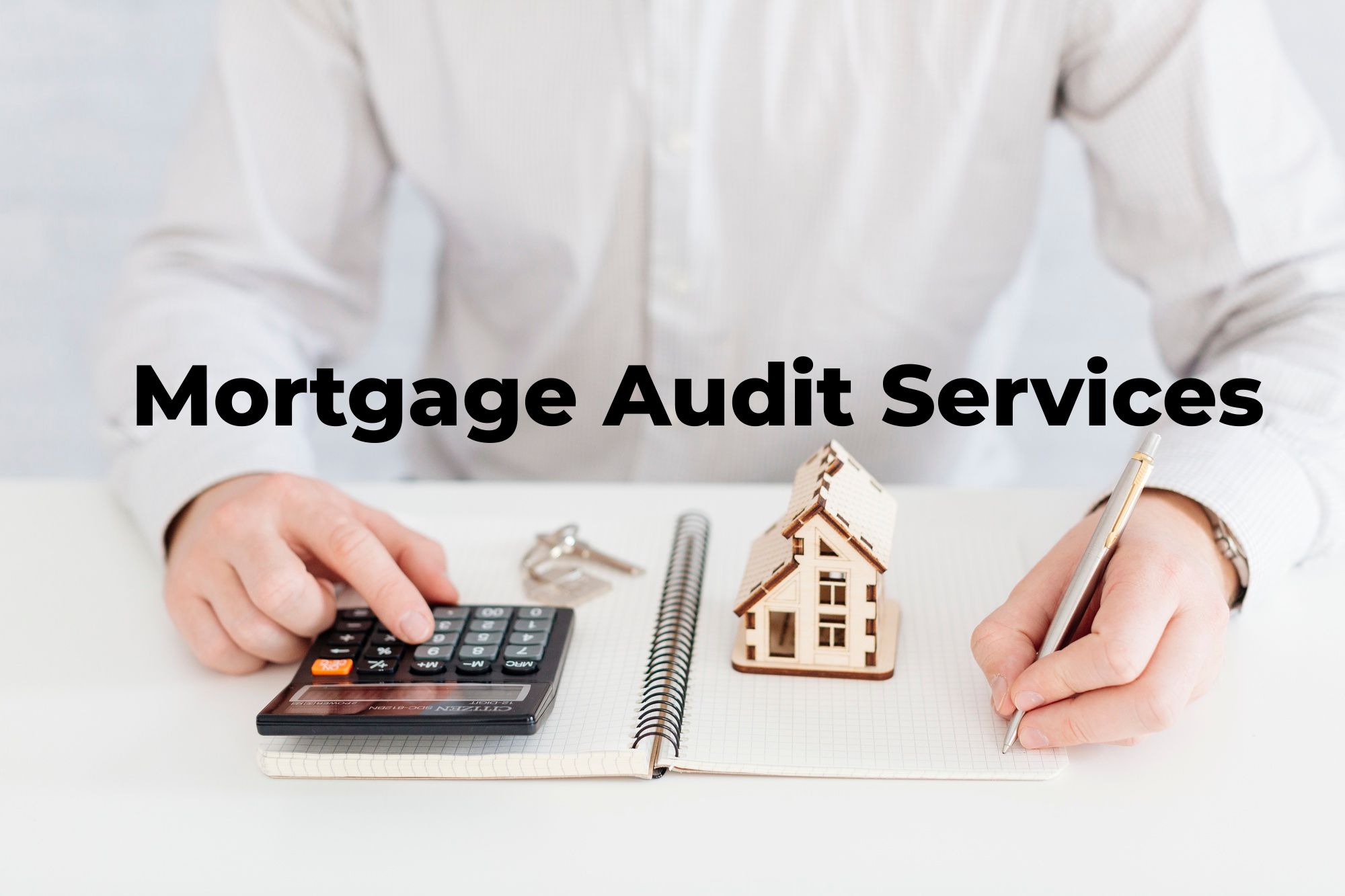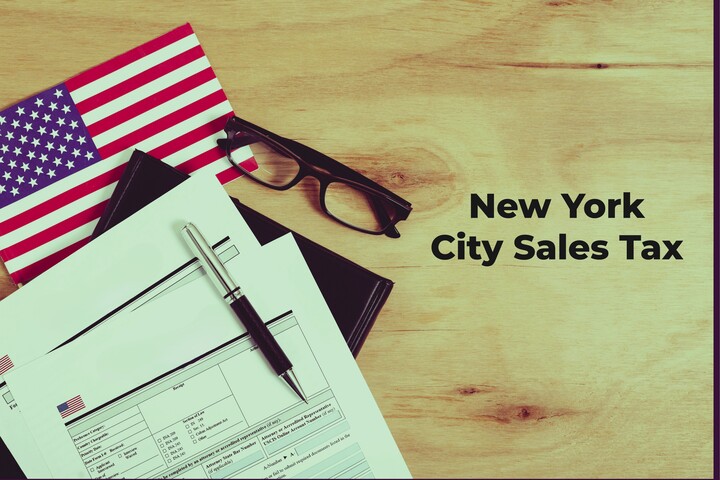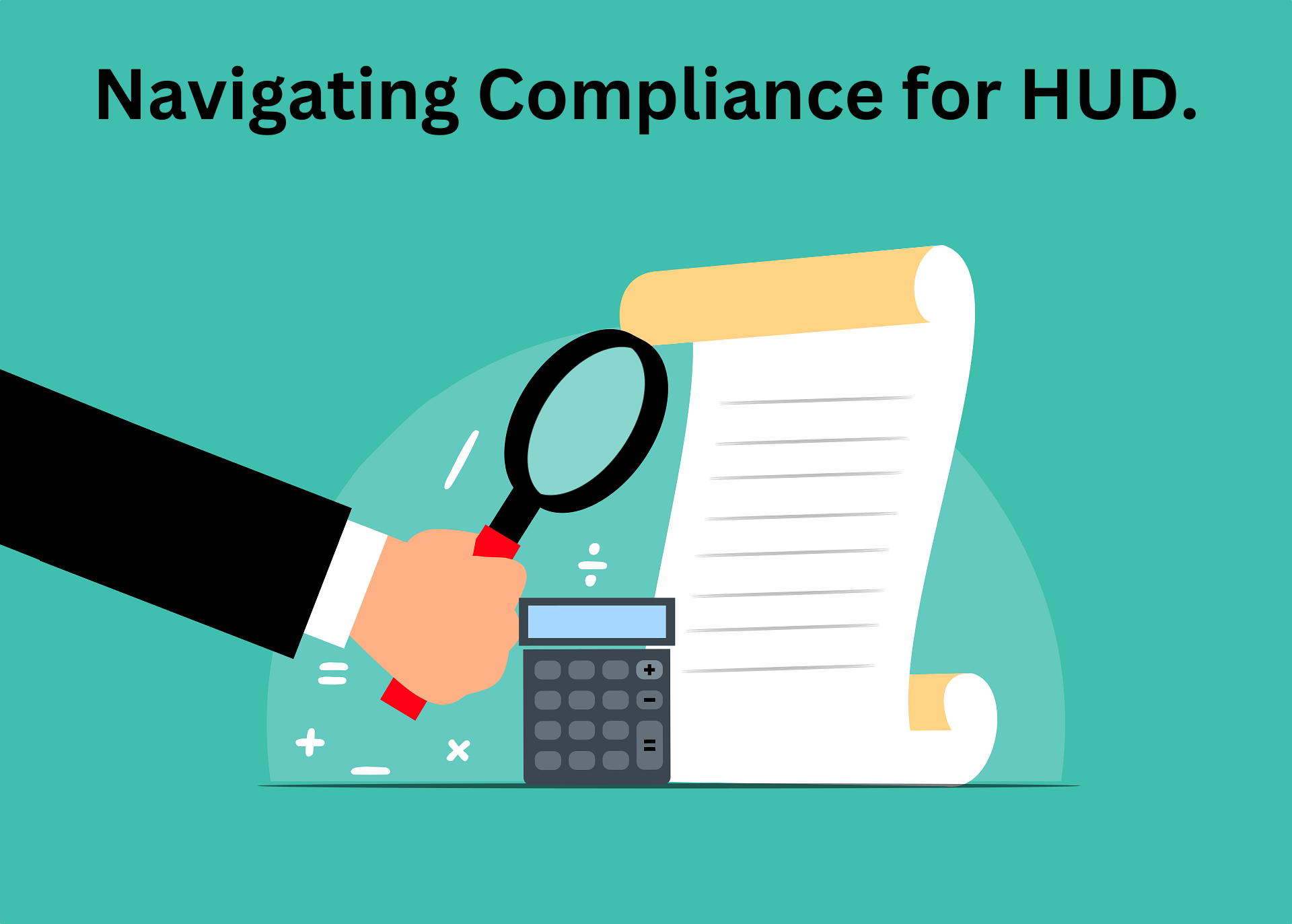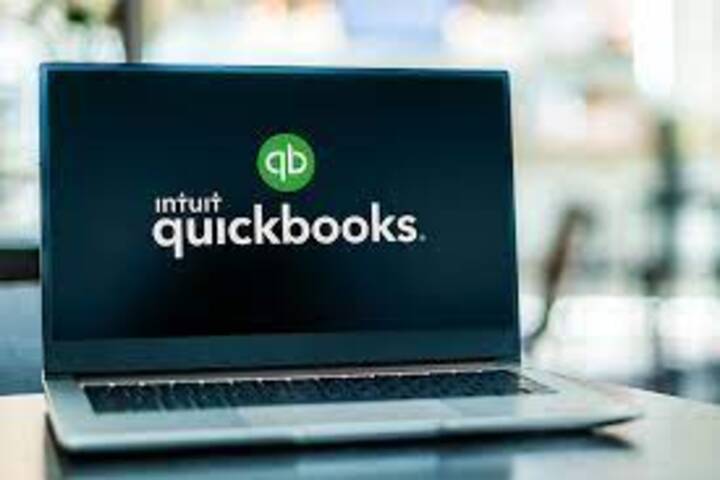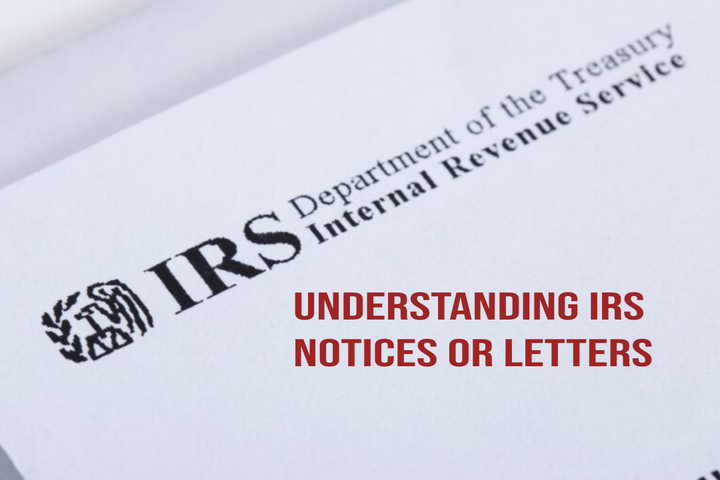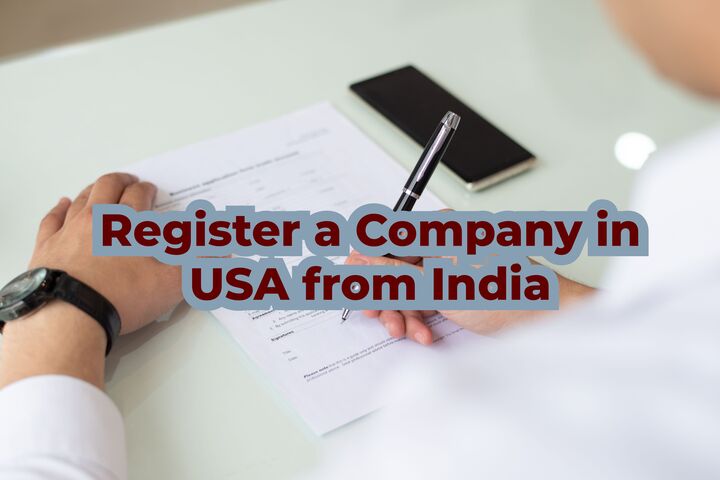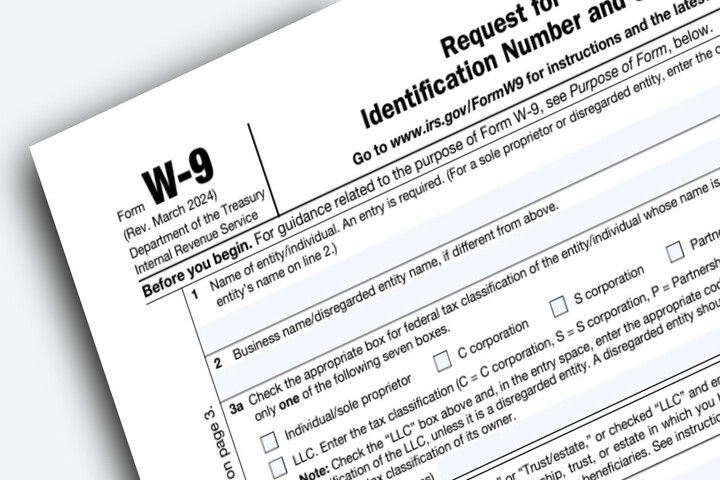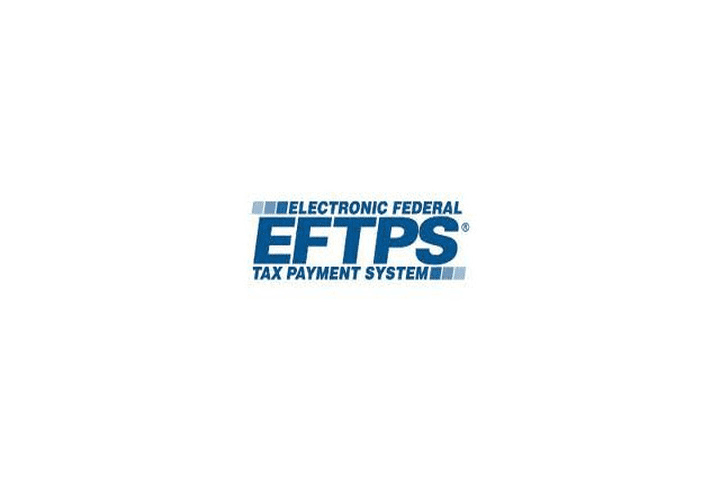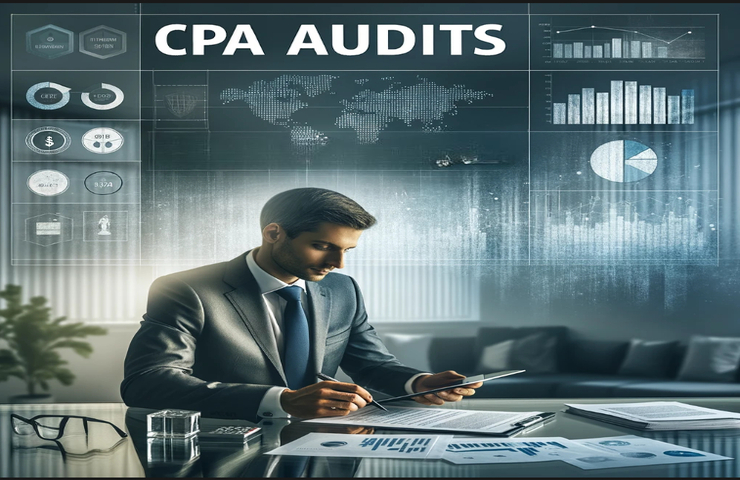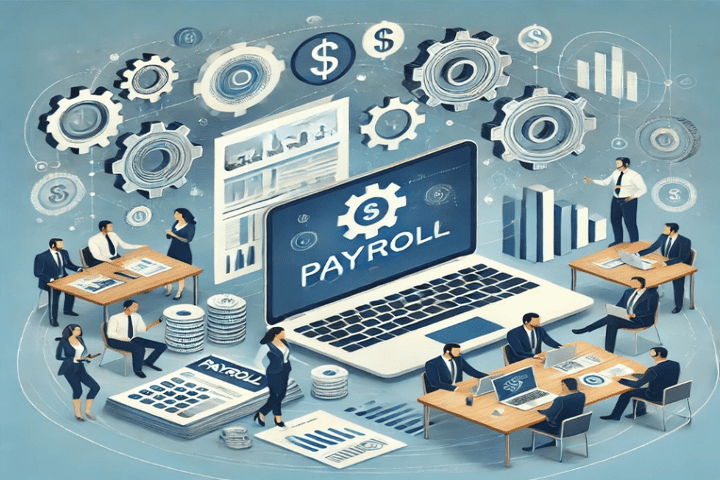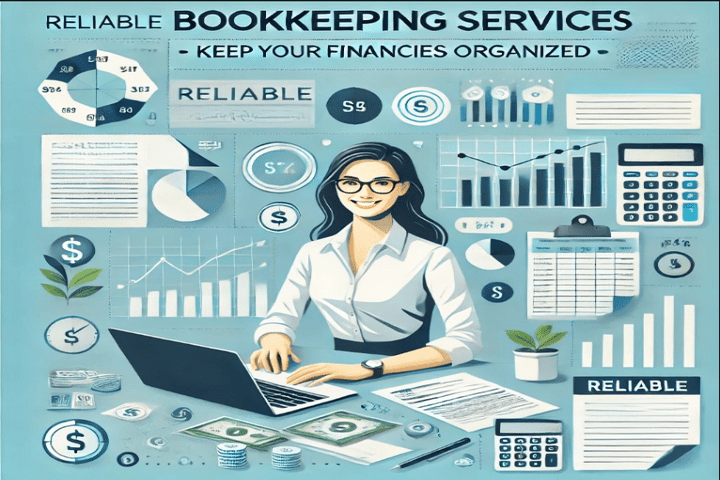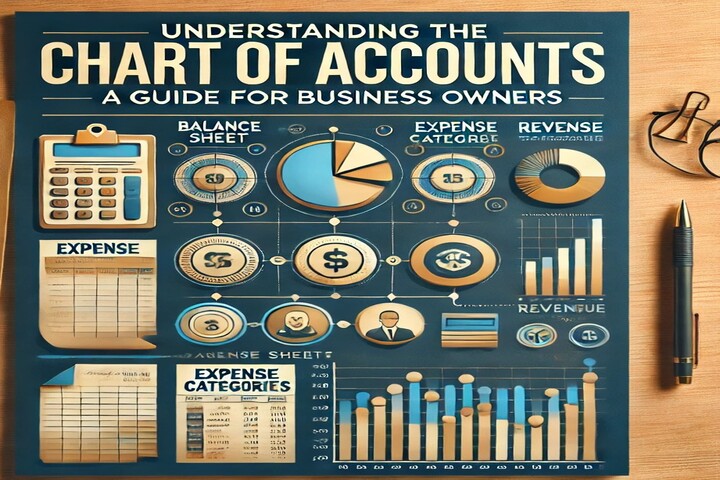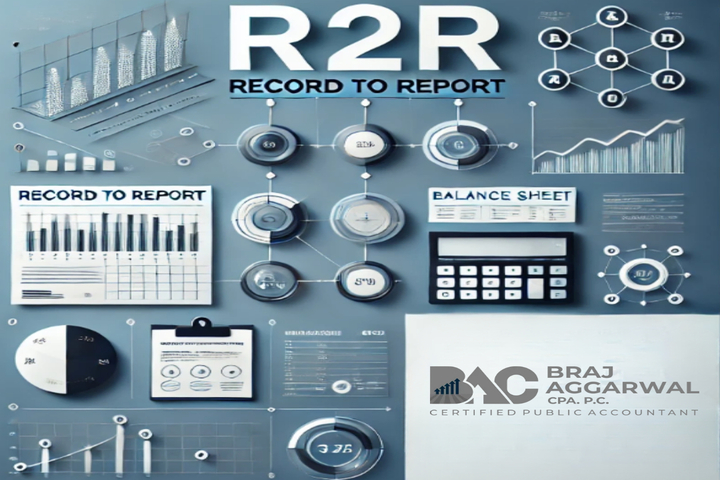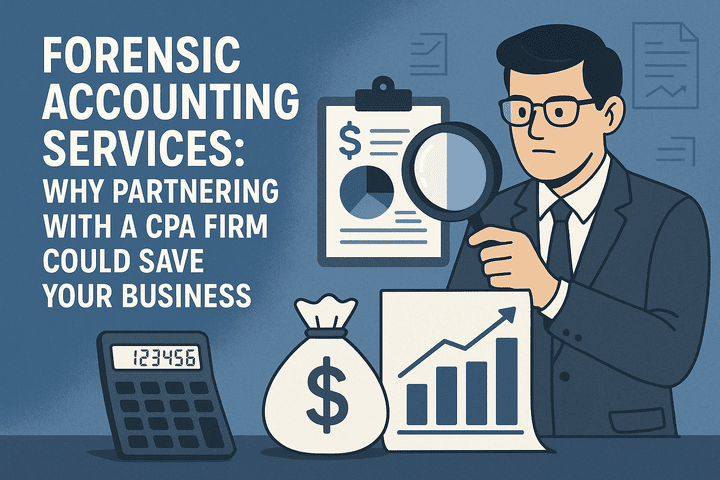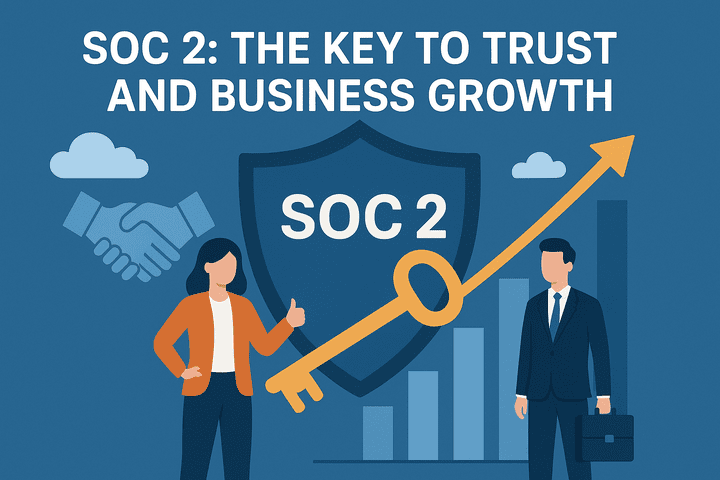The Wage Parity Audit For The Home Health Care Market: 6 Facts You Need To Know
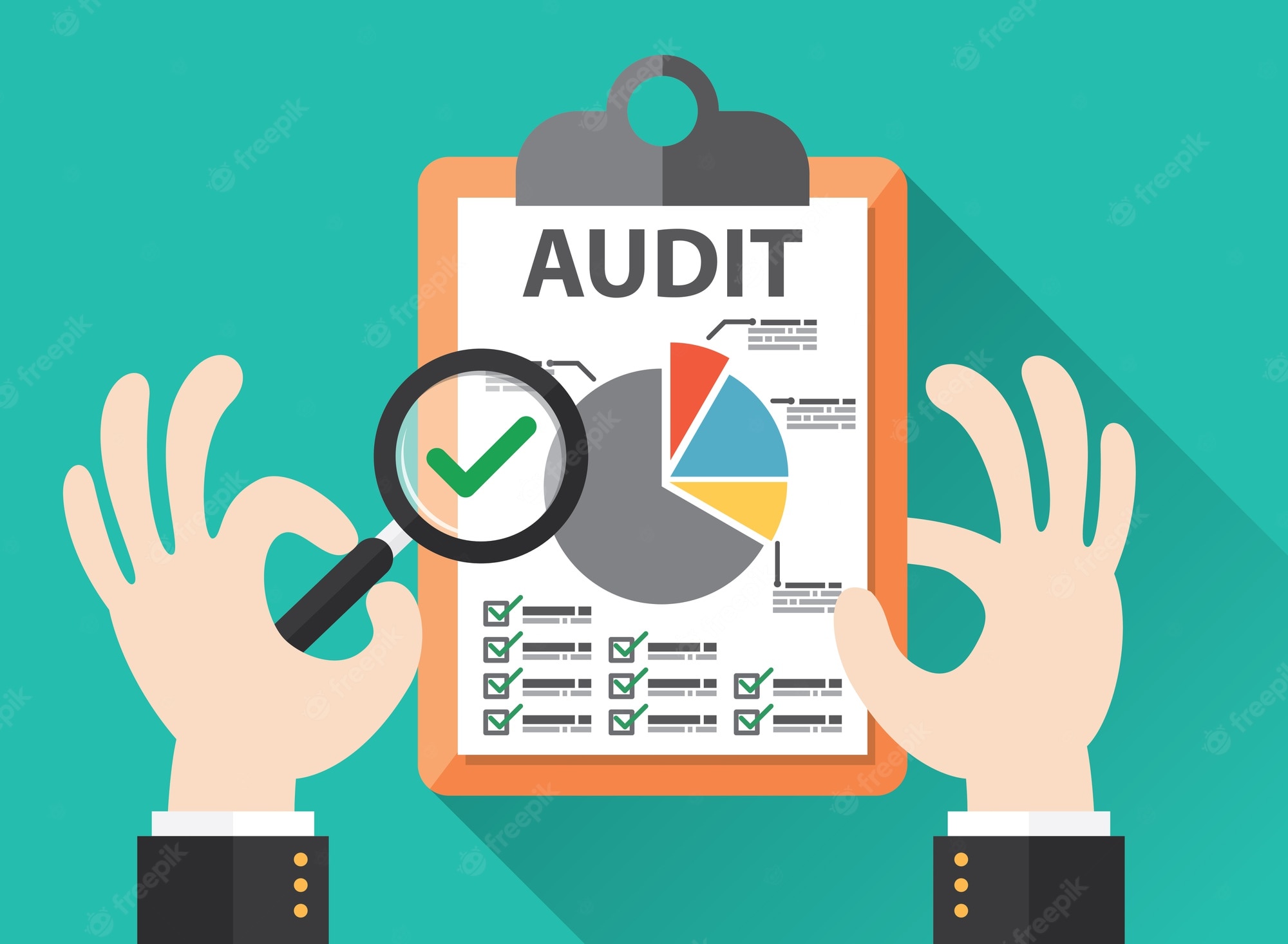
Home care aides are in high demand for both personal and professional reasons. These jobs often come with great benefits, such as the ability to work from home and flexible schedules. However, this also means that these jobs have become some of the most competitive in the country. The demand for home care aides is expected to increase by as much as 49% from 2018 to 2026, which is why there has been a surge in companies offering wage parity audits as a solution to help relieve this growing competition. Here are 6 facts you need to know about wage parity audits in the home health care market.
What is a Wage Parity Audit?
As per the requirement of Department of Health Wage Parity Certification, every MMCO, MLTC, CHHAs, LTHHCPs, LHCSAs and FIs, are required to compulsorily submit a certificate of compliance of Wage Parity Hours and Expenses.
LS 300 (Employer’s Annual Compliance of Wage Parity Hours and Expenses) and LS 301 (Independent Auditor’s Statement Verifying Wage Parity Hours and Expenses)
The accompanying home consideration organizations should consent to The New York Wage Parity Law:
• Confirmed Home Health Agency (CHHA)
• Long haul Home Health Care Program (LTHHCP)
• Overseen Care Organizations (MCO
• Authorized Home Care Services Agency (LHCSA)
• Restricted License Home Care Service Agency (LLHCSA)
A wage parity audit is an external assessment of a home care agency’s pay structure and benefits. Home care agencies are rated on a scale of 1 to 4 stars, with a rating of 3.5 or higher leading to a presumption of wage parity and a potential audit. Auditing agencies typically conduct a detailed review of the home care agency’s staffing ratios, hours worked, rates paid, and benefits provided to determine if they are in compliance with wage parity requirements.

Why Conduct A Wage Parity Audit?
Federal and state governments are under increasing pressure to ensure that all workers receive fair pay for their work. For example, wage parity audits are intended to promote equal pay between men and women in the home health care industry, as well as between workers with different race, ethnicity, or age groups. In addition, wage parity audits can help resolve wage disputes between home care agencies and the organizations that regulate the industry.
How Does A Wage Parity Audit Work?
Typically, an auditing organization will send staff to conduct an inspection of the home care agency’s business practices. The auditor will typically visit the home care agency, observing how employees are treated, taking measurements, and speaking with managers and employees to get a better understanding of workflow and customer service. Next, the auditor will review the home care agency’s pay stubs to determine the pay rates of all employees and how much they are paid per hour, per day, or per week. If an audit is triggered, the auditor will then review the benefits offered by the home care agency, including benefits like health insurance, vacation time, retirement funds, and even free food.
Tips For Successful Wage Parity Audits
Be prepared: You’ll want to be as prepared as possible for a wage parity audit. Make sure you know the federal and state laws that apply to your business, as well as the name and contact information for the person who will be conducting the audit.
Know your business: You’ll want to be familiar with your business’s operation, including staff names and roles, and their responsibilities.
Obtain permission: You’ll want to be sure that the person doing the audit is authorized to conduct a wage parity audit.
Keep track of time: The auditor will likely be conducting interviews, taking measurements and paperwork, and performing other inspection activities during the audit. Make sure you keep track of the time spent on each task during the audit.
Offer your best service: You’ll want to make sure that the staff who are providing services to customers during the audit are wearing uniforms, hats, and company name or logo polos. This will make it easier to identify who belongs to your agency in the event that the auditor asks to see paperwork or conduct other inspection activities.
Be transparent: The auditor will likely ask to see paperwork, schedules, and other documentation during the audit. Make sure that you are keeping these records in a structured manner that makes them easy to access and understand.
Don’t be surprised: The auditor may do things during the audit that you would not expect, such as taking measurements or asking you to explain how you operate your business.
Why you choose us?
We at Braj Aggarwal, CPA P.C, with our experienced and knowledgeable team of professionals make sure that the audit is performed smoothly and complies with all the ethical and legal requirements of Department of Labor, Department of Health and make sure that the audit is conducted in accordance with accounting principles generally accepted in the United States of America (“US GAAP).
At Braj Aggarwal, CPA P.C We will assist your regarding Wage Parity and if you want to know more about Wage parity audit service. Get in touch with us or call at (718) 426-4661 and email us on baggarwal@aggarwalcpa.com


